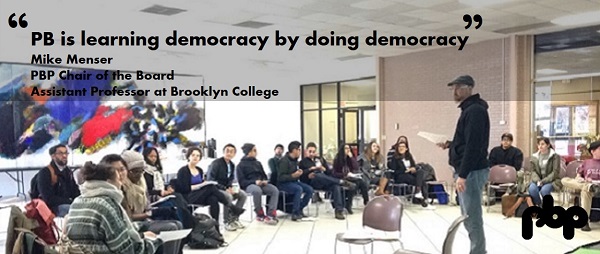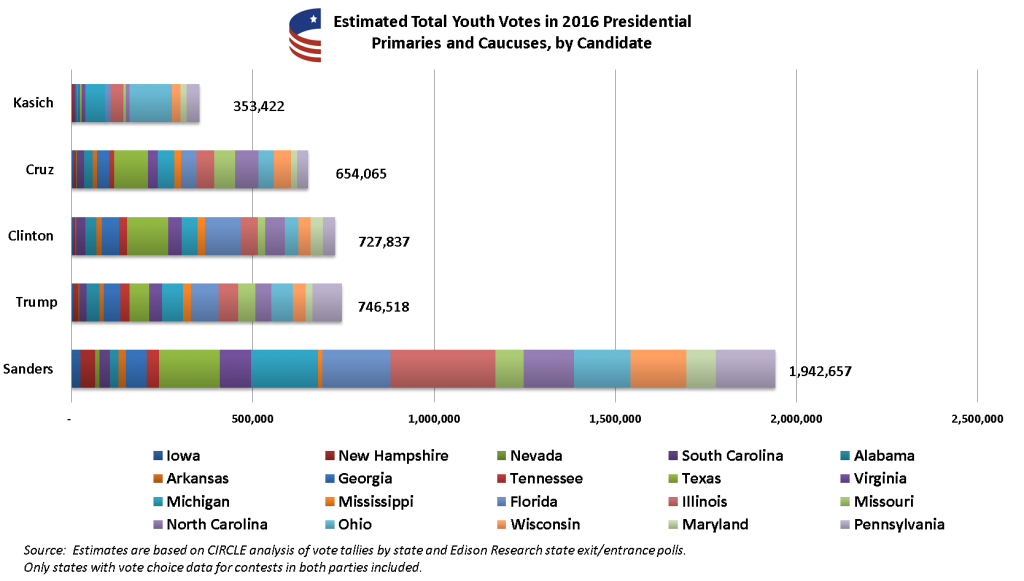Community meetings of all types and topics are frequently endangered by a common complication: that guy.
The person who speaks longer than anyone wants them to, who raises concerns that are unpopular amongst the broader public, or who unfailing uses every public platform as an opportunity to promote their pet issue, whether it is on topic or not.
Many a meeting has been derailed by this character’s irrelevant ravings, and many a community member has been silenced – fearing that if they spoke up they might appear as mad.
But there’s an interesting dilemma in this portrayal: of the many actions, motivations, and outcomes which could be lumped into this category some of them productive and some of them not.
Manin persuasively argues that debate of conflicting views is a necessary condition for successful deliberation – with groups otherwise likely to default towards prevailing norms. Diversity of views is not enough; “disagreement in face-to-face interactions generates psychic discomfort” which groups will avoid given the opportunity.
Good deliberation, then, requires disagreement and debate as a core element – not as something which may arise or not as the context decides.
How, then, can one distinguish the actions of a counter-productive troll and a valuable dissenter? Many times, the unpopular thing needs to be said.
Rachel Barney’s excellent [Aristotle], On Trolling – written, as the name implies, in the spirit of Aristotle, lends some helpful guidance to this question.”Every community of speakers holds certain goods in common, and with them the conversation [dialegesthai] as an end in itself; and the troll is one who seeks to damage it from within.”
The troll, then actively seeks to destroy a community, to set “the community apart from each other” and introduce “strife where before there was scarcely disagreement.”
Barney/Aristotle is careful to note that the troll can be distinguished from the productive dissenter which Manin imagines:
One might wonder whether there is an art of trolling and an excellence; and indeed some say that Socrates was a troll, and so that the good man also trolls. And this is in fact what the troll claims: that he is a gadfly and beneficial, and without him to ‘stir up’ the thread it would become dull and unintelligent. But this is incorrect. For Socrates was speaking frankly when he told the Athenians to care for their souls, rather than money and honors, and showed that they lacked knowledge. And this is not trolling but the contrary, exhortation and truth-telling— even if the citizens get very annoyed. For annoyance results from many kinds of speech; and the peculiarity [idion] of the troll is not annoyance or controversy in general, but confusion and strife among a community who really agree.
Thus the troll takes the guise of a productive dissenter, whom a democratic peoples would do well to embrace, while actually seeking to destroy, not improve, a community through their dissension.
This may be a meaningful epistemic distinction, yet it can be challenging to define in practice. As Manin points out, a “community who really agree” may have simply come to agree through the processes of group dynamics.
Importantly, this type of agreement is not intrinsically related to issues of power and oppression. That is, while one may argue that agreement arrived through coercion is not really agreement at all, Manin is primarily concerned with instances where a group can be genuinely said to agree. The root of this surface agreement may not be coercion at all, but rather an unfortunate result of the fact that individuals tend to be biased and, worse yet, “groups process information in a more biased way than individuals do.”
That is, without some gadfly perturbing the system, groups tend to systematically shift toward consensus, “regardless of the merits of the issue being discussed.”
If we, like Barney/Aristotle, are to take trolling as inherently bad, more productive forms of dissent, exhortation, or truth-telling must then be distinguished. Therefore, following Manin, I’d be inclined to push back on defining a troll as one who sows discord amidst a community which agrees. If agreement was achieved through systematic social processes, perhaps a little discord could be good.
One then might seek to capture trolling through a broader definition of motivation: a troll seeks to destroy while a dissenter seeks to improve.
Importantly, though, destruction is not intrinsically beyond a dissenter’s concern: indeed, a dissenter may seek to break corrupt institutions and social structures. To smash context rather than settle for reformist tinkering, as legal scholar Roberto Unger would say.
More accurately, then, a dissenter can be seen as seeking to improve the human condition, apart from the specific context of political structures, while a troll – like Eris – seeks solely to sow discord.
In his 1992 address to Wroclaw University Václav Havel argues in favor of breathing “something of the dissident experience into practical politics.”
“The politics I refer to here cannot be enshrined in or guaranteed by any law, decree, or declaration,” Havel says. “It cannot be hoped that any single, specific political act might bring it about and achieve it. Only the aim of an ideology can be achieved. The aim of this kind of politics, as I understand it, is never completely attainable because this politics is nothing more than a permanent challenge, a never-ending effort that can only in the best possible case leave behind it a certain trace of goodness.”
This permanent challenge is the noble undertaking of the dissenter, whether in the form of sweeping revolution or more mundane provocations.
In the mundane world of practical politics, then, this leaves us still with the problem: how do we distinguish the permanent challenge of the dissenter from the wanton destruction of the troll?






![]() and together with nearly 40 participants on the call, we all learned quite a bit about the cutting edge of civic tech.
and together with nearly 40 participants on the call, we all learned quite a bit about the cutting edge of civic tech. Many thanks, again, to Chris and Emily for leading us through the demonstration and for following up with even more info!
Many thanks, again, to Chris and Emily for leading us through the demonstration and for following up with even more info!


